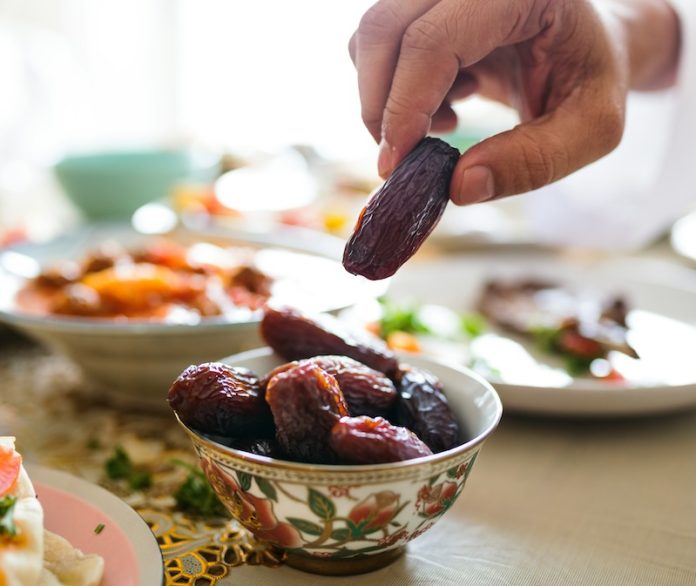
High blood pressure is a common condition that can lead to serious health issues, such as heart disease and stroke. However, a recent study from Shifa College of Medicine suggests that prunes may offer a natural way to help control high blood pressure, providing additional heart health benefits.
Why Prunes?
Prunes, which are dried plums, are packed with nutrients, including vitamins and antioxidants. Unlike many dried fruits, prunes contain no added sugars. They are rich in vitamin B6, manganese, and copper, which help your body release energy from food.
In addition to their nutritional benefits, prunes have a history of being linked to improved digestion and bone health. Now, they are being studied for their potential role in lowering blood pressure.
What the Study Showed
The study aimed to explore the effects of prunes on blood pressure and heart health. It included 259 participants, all of whom had moderately high blood pressure, with systolic blood pressure readings between 120-139 mmHg and diastolic readings between 80-89 mmHg.
Participants were divided into three groups: two treatment groups and a control group. One treatment group consumed three prunes daily, while the other consumed six prunes. Both groups also drank prune juice. The control group drank plain water every morning on an empty stomach.
After analyzing the results, the researchers found that the participants who ate three prunes daily showed a significant reduction in both systolic (the top number) and diastolic (the bottom number) blood pressure.
In the group that ate six prunes a day, only systolic blood pressure decreased significantly, but this still points to the potential benefit of prunes in managing blood pressure.
Cholesterol Findings
In addition to blood pressure effects, the study also looked at cholesterol levels. Surprisingly, the control group (which drank only water) had an increase in HDL cholesterol, often called “good” cholesterol.
Meanwhile, both groups that consumed prunes saw a decrease in LDL cholesterol, also known as “bad” cholesterol. High levels of LDL cholesterol can increase the risk of heart disease and stroke, so reducing it is a positive finding.
HDL cholesterol helps remove other forms of cholesterol from the bloodstream, so having more of it lowers the risk of cardiovascular issues. On the other hand, high LDL cholesterol levels can contribute to plaque build-up in arteries, leading to blockages and increasing the risk of heart attack or stroke.
The fact that prunes helped lower LDL cholesterol makes them an even more promising addition to a heart-healthy diet.
What Does This Mean for Heart Health?
The results of this study suggest that adding prunes to your daily diet could help lower blood pressure and support heart health, particularly by improving cholesterol levels. The research shows that even a small serving of three prunes a day may have beneficial effects.
However, more studies are needed to fully understand how prunes lower blood pressure and improve cholesterol levels.
It’s also important to note that while this study shows positive outcomes, prunes should be part of an overall healthy diet and lifestyle to get the best heart health benefits.
Final Thoughts
This research adds to the growing evidence that fruits like prunes may play an important role in managing high blood pressure and improving heart health.
Along with other fruits and vegetables, prunes provide antioxidants and essential nutrients that contribute to overall well-being.
If you’re looking to manage high blood pressure naturally, incorporating prunes into your diet may be worth considering. But, as always, it’s important to talk to your doctor before making significant changes to your diet, especially if you’re managing high blood pressure or other health conditions.
For more tips on heart health and managing blood pressure, look into studies on the best times to take blood pressure medication and new treatments for high blood pressure.
Additionally, research on beetroot juice and plant nutrients offers other natural ways to support healthy blood pressure.
The study was conducted by Talat Ahmed and his team at Shifa College of Medicine and published in the Journal of Ayub Medical College.
If you care about high blood pressure, please read studies that drinking tea could help lower blood pressure, and early time-restricted eating could help improve blood pressure.
For more health information, please see recent studies about added sugar in your diet linked to higher blood pressure, and results showing vitamin D could improve blood pressure in people with diabetes.
Copyright © 2024 Knowridge Science Report. All rights reserved.



